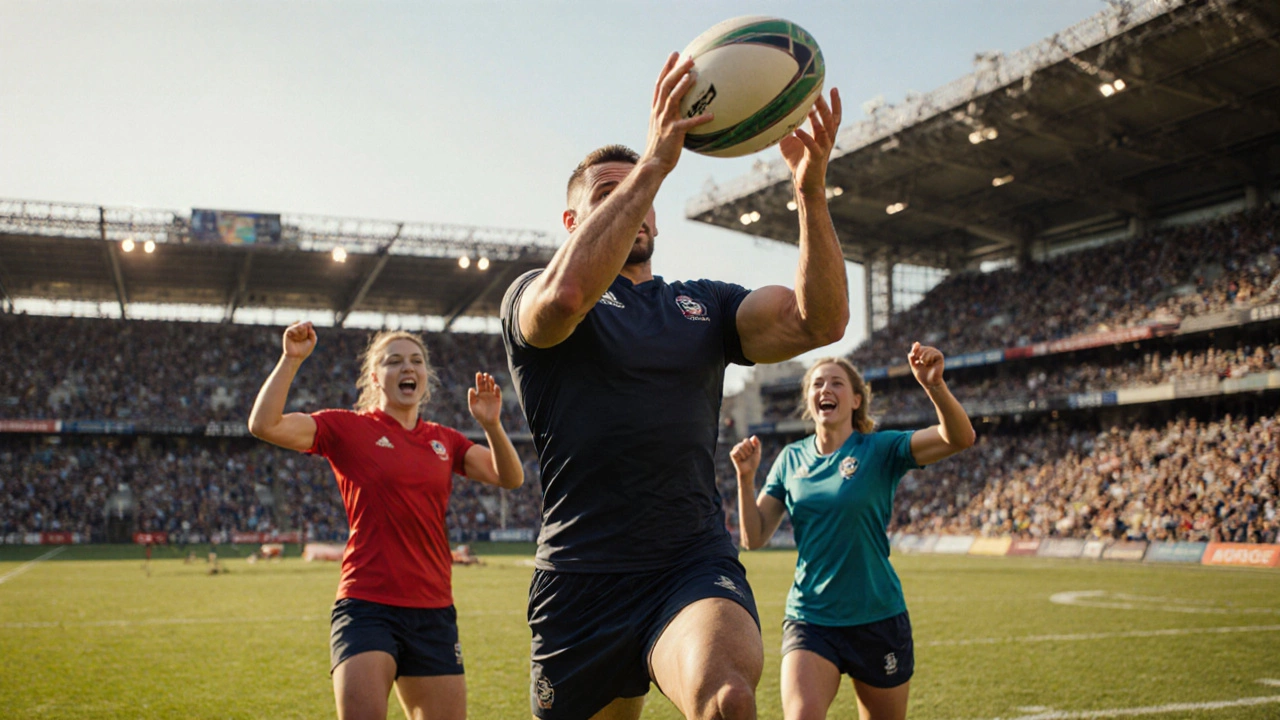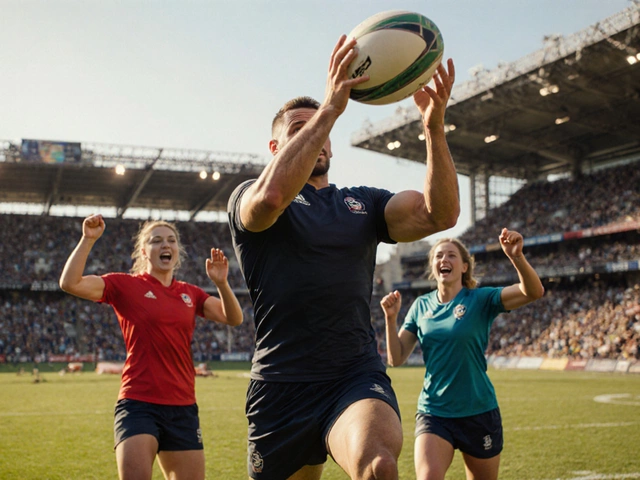Ever heard someone call a teammate a Rugger and wondered what that meant? In the world of rugby, that nickname is the go‑to rugby player slang you’ll hear on the pitch, in the locker room, and even in casual banter. Below we break down where the word comes from, how it varies across countries, and which other nicknames you might run into.
Quick Takeaways
- "Rugger" is the most widely recognised slang for any rugby player.
- Australia, New Zealand, South Africa and the UK each have their own local twists.
- Position‑specific nicknames (e.g., "tight‑five", "fly‑half") add flavor but still fall under the umbrella term "Rugger".
- Using the right slang can show you belong in the rugby community.
- Avoid confusing "Rugby" (the sport) with "Rugger" (the player).
Defining the Core Term
Rugger is the common slang word for a rugby player. The word is simply a shortened form of "rugby" with the familiar English "‑er" suffix that creates a person noun, just like "footballer" or "runner". It works for both codes-Rugby union and Rugby league-and is gender‑neutral.
Historical Roots
The nickname dates back to the late 19th century when the sport was spreading across the British Empire. Early newspapers and club minutes would refer to "the Rugger" when talking about a match or a player. By the 1920s the term settled into everyday speech, especially among schoolboys who adopted it as a badge of identity. Its staying power comes from the simplicity of the construction and the way it instantly signals a shared culture.
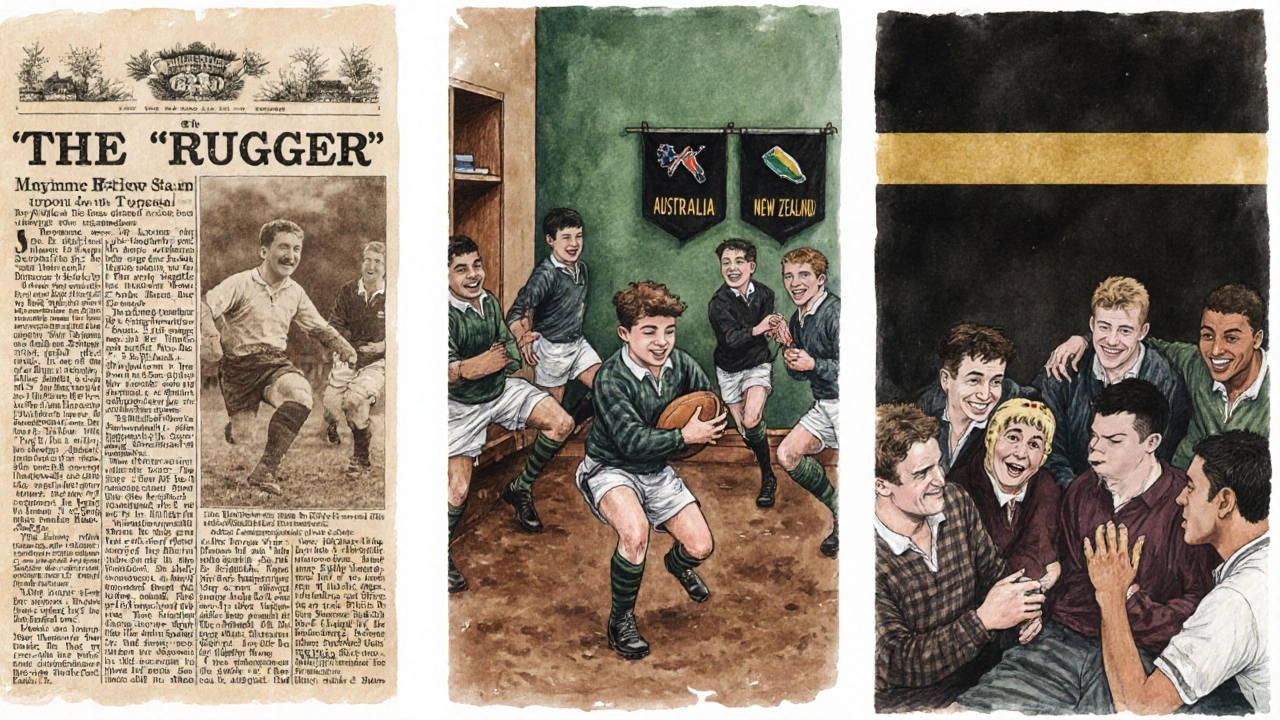
Regional Variations
While "Rugger" dominates, each rugby‑centric nation adds its own flair:
| Country / Region | Common Slang | Notes |
|---|---|---|
| United Kingdom | Rugger | Used across England, Wales, Scotland and Ireland for both codes. |
| Australia | Rugger, Wallaby (for national team members) | "Wallaby" is an honorific for international players, not everyday club members. |
| New Zealand | Rugger, All Black (when referring to the national side) | All Blacks are a cultural icon; the term is reserved for elite players. |
| South Africa | Rugger, Springbok (national team) | Springbok carries historic weight and is used in media. |
| France | Rugby‑man, "Sang‑bleu" (for patriotic players) | Less common; French media prefers "joueur de rugby" in formal contexts. |
Position‑Specific Nicknames
Inside the broader "Rugger" label, teammates often shout out role‑based nicknames. These aren’t separate slang for the player as a whole, but they enrich the vocabulary:
- Tight five - the front‑row forwards who dominate scrums.
- Fly‑half - the play‑maker who directs attacks.
- Wing - the speedy finishers on the edges.
- Scrum‑monkey - a cheeky term for a front‑rower who loves the set‑piece.
Even though these are more descriptive than slang, you’ll often hear a coach say, "Give the wing some space, you scrummie!" mixing both styles.
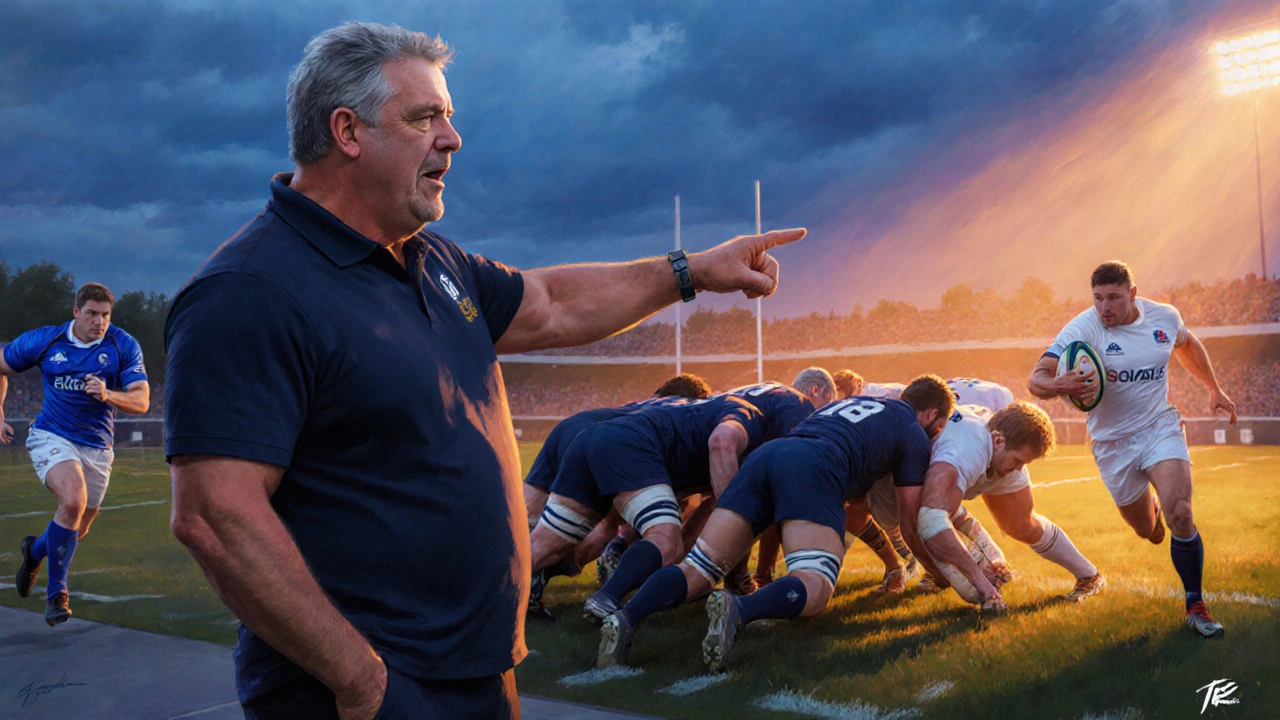
How to Use "Rugger" Correctly
Let’s look at practical scenarios:
- During a friendly match you hear a teammate shout, "Nice tackle, mate! That's what a proper Rugger does!" - here the word encourages and praises.
- In a post‑match interview a journalist asks, "What does it mean to be a Rugger in today’s professional era?" - the term works as a neutral identifier.
- If you call a female player a "Rugger" you’re still correct; the word is gender‑neutral, though some prefer "Rugby player" for added clarity.
Avoid using "Rugger" when you mean the sport itself. Saying "I love Rugger" can be confusing; stick with "I love rugby" for the game and "I love being a Rugger" for the identity.
Common Mistakes & Misconceptions
Many newcomers mix up the slang with official titles:
- Wrong: "He’s a great Rugby" - should be "He’s a great rugby player" or "He’s a great Rugger".
- Wrong: Using "Rugby" as a nickname for a specific position, e.g., "He’s the Rugby" - inaccurate, stick to position‑based tags like "fly‑half".
- Wrong: Assuming "Rugger" is offensive. In most English‑speaking rugby circles it’s affectionate, but tone matters.
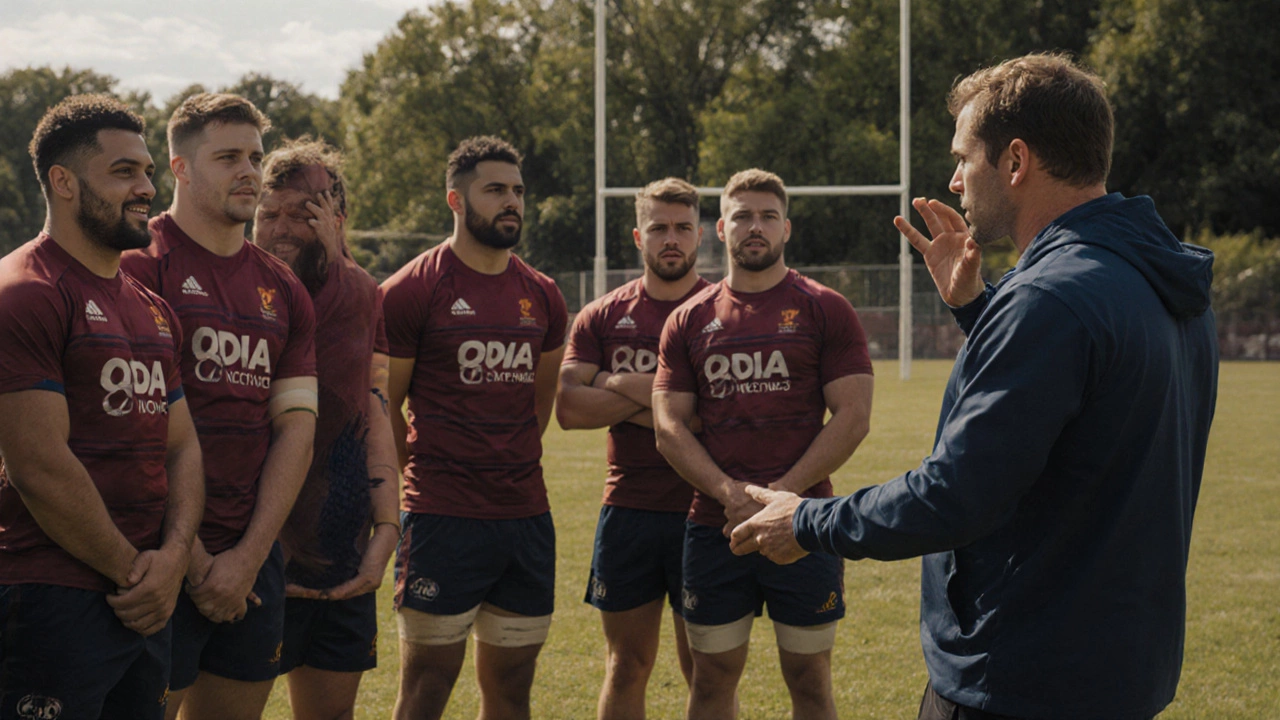
Beyond English: Translations and Local Slang
If you travel to non‑English‑speaking rugby nations, you’ll encounter native equivalents. In Japan, players are called "ラグビー選手" (rugby senshu) but fans often just say "ラグビー」 (rugby) when referring to the community. In South America, especially Argentina, "rugbyero" mimics the English "Rugger" while adding a Spanish twist. Knowing these cross‑cultural terms can help you bond with teammates abroad.
Quick Reference Cheat Sheet
| Term | Meaning |
|---|---|
| Rugger | General slang for any rugby player (union or league) |
| Wallaby / All Black / Springbok | Nickname for national‑team players from Australia, New Zealand, South Africa respectively |
| Tight five | Collective name for the front‑row forwards |
| Fly‑half | Key decision‑maker in the back‑line |
| Scrum‑monkey | Playful term for a front‑row forward |
Mini FAQ
Is "Rugger" the only slang word for a rugby player?
No. While "Rugger" is the most universal term, regions add qualifiers like "Wallaby" (Australia) or "All Black" (New Zealand) for international players, and position‑based nicknames such as "tight five" or "fly‑half" are common in conversation.
Can I use "Rugger" for a female player?
Absolutely. The word is gender‑neutral and widely accepted for all players. Some people add "lady" for extra clarity, but it isn’t required.
What’s the difference between "Rugby" and "Rugger"?
"Rugby" refers to the sport itself, its rules, competitions and culture. "Rugger" specifically denotes a person who plays the sport.
Are there any offensive rugby slurs I should avoid?
Most common rugby slang is friendly. However, avoid using derogatory terms based on ethnicity, body type, or skill level. Stick to accepted nicknames like "Rugger", "tight‑five", or "fly‑half".
How do I sound authentic when using rugby slang?
Listen to how native players talk on match commentary, in club socials, or on podcasts. Use "Rugger" in a natural sentence, e.g., "Good work out there, Rugger!" and sprinkle position‑specific tags when appropriate.
Now you’ve got the full picture: what "Rugger" means, where it came from, and how it mixes with other regional nicknames. Drop the term into your next game or chat and you’ll instantly fit in with the rugby crowd.
